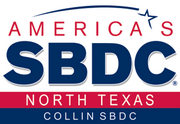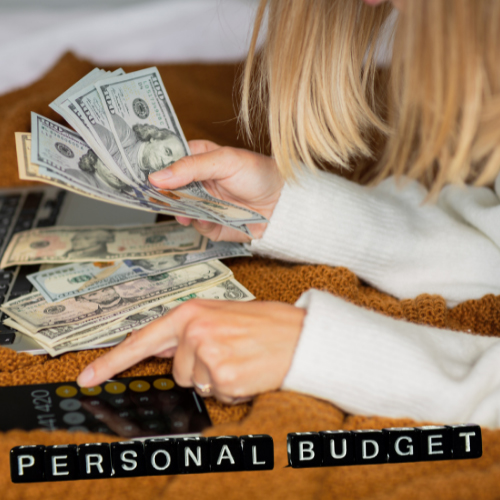Martin Luther King, Jr. has been credited with starting the saying:
“A budget is a moral document.”
For your personal budget, this means your priorities and values are primary and ethical. It tells you, the small business owner, or self-employed, what areas, issues, things, or people are most important in your life, and which are least important from a mathematical standpoint.
In previous blogs, we’ve talked a lot about business finances when owning your own small business and how to manage money. We’ve also discussed what steps to take to insure your business’s financial future. In today’s blog, we will talk about personal finances when self-employed.
Making a Personal Budget When Self-employed:
You may feel fairly adept at making a business budget, but have you spent the same amount of time and care on making your personal budget? If not, you need to spend time and effort creating your “moral document.” A personal budget should be completely separate from your business budget and should reflect your personal short and long-term goals. This means you will need to do the 1st most important thing successful entrepreneurs do:
Pay Yourself First:
It’s tempting to put every dime you make back into your business to help it grow and succeed, but part of reaching the level of success you are hoping for, is having the ability to meet your personal short and long-term budget goals. To pay yourself first means that before you pay your bills, buy groceries, or before you do anything else, set aside a portion of your income to save. The first bill you should pay in your small business or when self-employed, should be to yourself.
What are the most important parts of a personal budget while self-employed?
You have now embraced the fact that you need to pay yourself first (great job!) Now let’s talk about what you should do with that “income” and how to budget it. Here are the most important parts of a personal budget while self-employed:
- Save money: Part of paying yourself, is saving money for yourself. Save a percentage of your income and stick to it! Use that money to:
- Invest in retirement.
- Establish an emergency fund
- Taxes: Include in your budget personal taxes that may be due.
- Insurance: If self-employed it will be up to you to pay for your own insurance.
- Personal bills: (Notice how we put that AFTER saving money?) Wealthy people will tell you to always save first, shop later.
What about retirement savings when self-employed?
Now that you’ve made your budget and decided to save first, let’s talk about retirement! There are several options you have when self-employed that you can invest in for your retirement:
-
Traditional IRA or ROTH IRA
- The easiest way for the self-employed to start saving for retirement. There are no special filing requirements, and you can use it even if you do not have employees.
- Great option for starting your retirement savings. If you already have a plan from a previous employer, you can roll your old 401(k) into an IRA.
- A traditional IRA is tax deductible! Tax deductions on contributions to a traditional IRA can be tax deductible. (There is no immediate deduction for Roth IRA, but withdrawals in retirement are tax-free!)
-
Solo 401(k)
- Designed for a business with no employees. (You are allowed to employ a spouse.)
- High contribution limits: For the tax year of 2021 it was $58,000, plus a $6,500 catch-up contribution or 100% of earned income, whichever is less. For the tax year of 2022, it will be $61,000, plus a $6,500 catch-up contribution or 100% of earned income, whichever is less.
- Works like a standard, employer offered 401(k) plan with pretax contributions, and distributions after 59 ½ are taxed.
-
SEP IRA (Simplified Employee Pension Plan)
- Great for a business with a few employees, or none at all.
- Contributions come from the business (not your personal funds) to the employees (equal for each eligible employee) and you can count yourself as an employee.
- Tax deductible! You are allowed to deduct your contributions or 25% of net self-employment earnings.
For additional information and resources on how to manage your personal budget and on how to “Pay yourself first” when self-employed, contact our experts the Small Business Development Center – SBDC – serving Collin and Rockwall Counties, Texas, can help keep you on a successful track.
Blog post by: Michael McClinton



